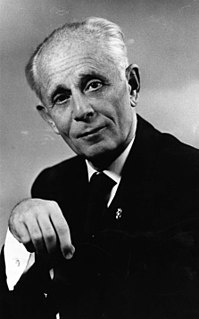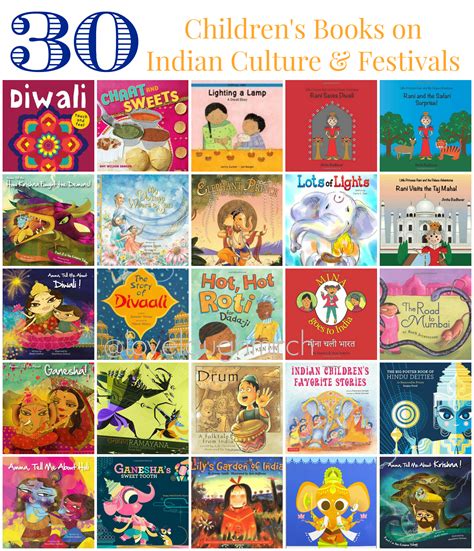A Quote by Marcus Tullius Cicero
An intemperate, disorderly youth will bring to old age, a feeble and worn-out body.
Related Quotes
Can man be so age-stricken that no faintest sunshine of his youth may re visit him once a year? It is impossible. The moss on our time-worn mansion brightens into beauty; and the good old pastor, who once dwelt here, renewed his prime and regained his boyhood in the genial breeze of his ninetieth spring. Alas for the worn and heavy soul, if, whether in youth or age, it has outlived its privilege of springtime sprightliness!
What makes me so certain that the natural human lifespan is far in excess of the actual one is this. Among all my autopsies (and I have performed over 1000), I have never seen a person who died of old age. In fact, I do not think that anyone has ever died of old age yet. We invariably die because one vital part has worn out too early in proportion to the rest of the body.
Crabbed age and youth cannot live together; Youth is full of pleasure, age is full of care; Youth like summer morn, age like winter weather; Youth like summer brave, age like winter bare. Youth is full sport, age's breath is short; Youth is nimble, age is lame; Youth is hot and bold, age is weak and cold; Youth is wild, age is tame. Age, I do abhor thee; youth, I do adore thee.
The complete life, the perfect pattern, includes old age as well as youth and maturity. The beauty of the morning and the radiance of noon are good, but it would be a very silly person who drew the curtains and turned on the light in order to shut out the tranquillity of the evening. Old age has its pleasures, which, though different, are not less than the pleasures of youth.








































